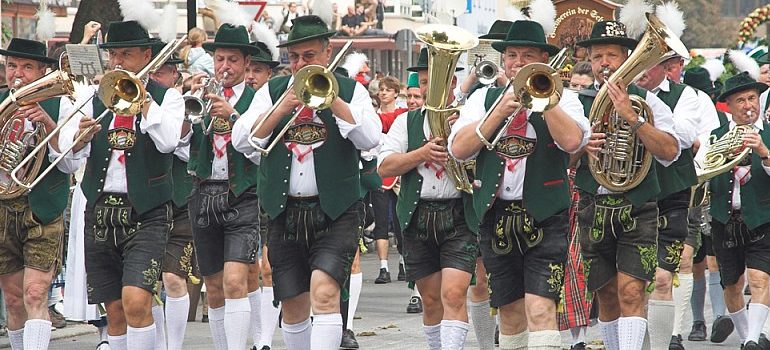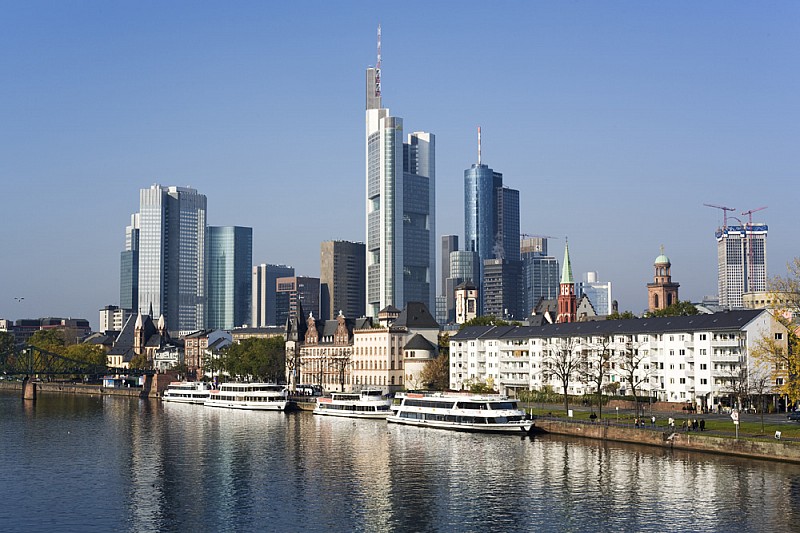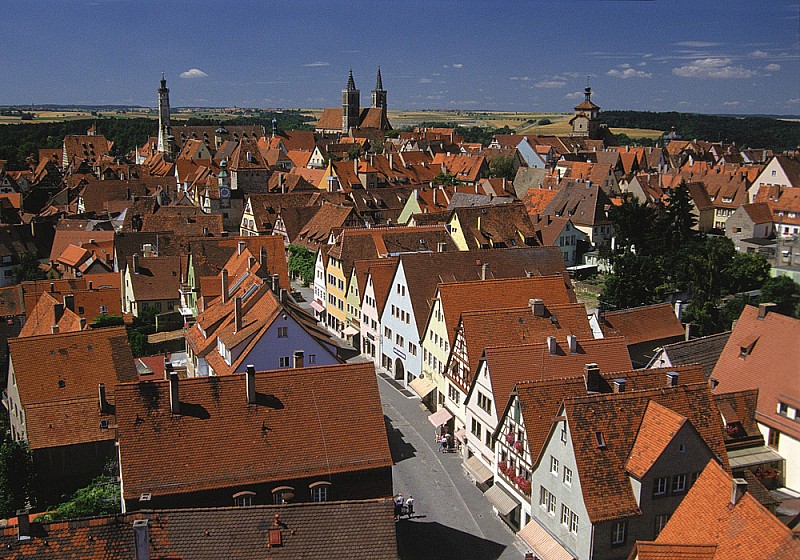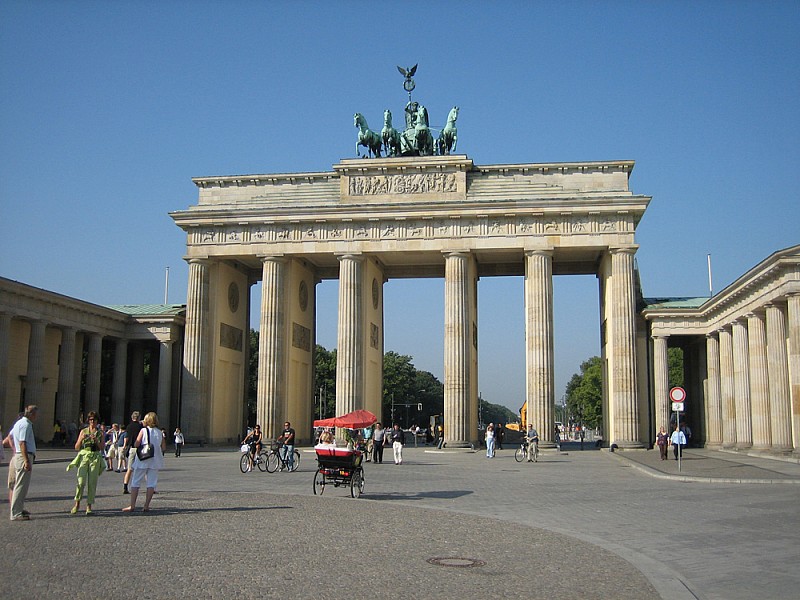





Your one-group partner in Germany
Donath Moving & Relocation
Wiesbadener Strasse 239-241
D-61462 Königstein – Frankfurt
Company Profile
Donath has been in the moving and storage business in Germany for over 100 years and is internationally well known for providing quality moving and relocation services under one trusted brand to its corporate customers and overseas partners.
We provide an all-encompassing service including assisting with finding a new home, new school, opening a bank account, information on immigration issues, moving services for all types of moves, move management, office moving, storage, customs information, departure services, electrician and carpenter services and much more. Our employees are specialists in their fields and always ready and willing to take on a new challenge. At Donath we are always willing to go the extra mile to ensure that our customers receive the best service possible.
Donath not only moves customers but is also always on the move to recruit and train its staff, add new services, improve quality and to verify that quality by earning industry certifications.
RELOCATION SERVICES
Donath Relocation
Wiesbadener Str. 239
D-61462 Königstein – Frankfurt
Germany
Tel: +49 6174 929 400
Fax: +49 6174 929 450
Locations: Frankfurt, Munich
CONTACTS
Penny Donath, GMS, CERP2
(Management)
Tel: +49 6174 929 318
penny.donath@donath.de
MOVING SERVICES
Donath Relocation
Wiesbadener Str. 239
D-61462 Königstein – Frankfurt
Germany
Tel: +49 6174 929 400
Fax: +49 6174 929 450
Locations: Frankfurt, Munich
CONTACTS
Michael Donath (Board Member/Management)
Tel: +49 6174 929 316
michael.donath@donath.de
Chris Donath (Sales & Quality Management)
Tel: +49 6174 929 326
chris.donath@donath.de
Samantha Donath (Marketing)
Tel: +49 6174 929 337
samantha.donath@donath.de
Andrea Both (Finance)
Tel: +49 6174 929 331
andrea.both@donath.de
| Government type | Federal Republic |
| Capital | Berlin |
| Total Area | 357,021 km² |
| Industries | Iron, steel, coal, cement, chemicals, machinery, vehicles, machine tools, electronics, food and beverages, shipbuilding, textiles |
| Famous Cities | Berlin, Bonn, Bremen, Cologne, Frankfurt, Hamburg, Hannover, Munich, Stuttgart |
| Official languages | German |
| Country code | +49 |
| Currency | Euro (EUR) |
| Voltage | 220 V |
| Public Holidays |
THE TOP TEN FACTORS WHEN RELOCATING TO GERMANY
Real Estate and Housing – There are various styles of homes in Germany. Most Germans live in or around major cities in apartment houses, duplexes or semi-detached homes. Single family homes are most normally available in rural areas. Larger homes are difficult to find, so it is a good idea to begin the search early. Also, the time between signing the lease and the actual move-in is normally longer than in the USA. Property in Germany is rented or sold on a square meter basis.
Kitchens – Kitchens are serious business for most Germans. The kitchen is a piece of furniture which is moved with the family from one residence to another. They are normally custom made with high quality cupboards and state-of-the-art appliances. When renting a home in Germany, it is wise to make sure that the existing kitchen stays with the home. Otherwise, a kitchen will have to be purchased and then resold when leaving the home, which can be very costly.
German ‘Schranks’ – Built in closets are becoming more popular in Germany but for most of the older homes it will be necessary to either bring free standing wardrobe units with you or purchase so-called ‘Schranks’ here in Germany. They are very practical pieces of furniture which come in all sizes, shapes and styles. Also to be considered is the cost involved for their disassembly and reassembly when moving again.
Temporary Accommodation – Fortunately, this type of housing is becoming more and more popular. Most major cities offer a nice selection of apartments and semi-detached homes, which can be used for temporary accommodation.
Schools – Germany has 27 international schools, most of which can be found in or around the larger cities. English is the main teaching language and the school day is based on the American educational system.
Transportation – Public transportation throughout Germany is fast, safe, clean and very modern. High speed trains (ICE) run between many of the major German cities. They are cost effective, comfortable and are often a better choice than driving, due to major traffic jams on holiday weekends and during the holiday months.
Driving License – The German law requires anyone who is in possession of a foreign driver’s license to obtain a German driver’s license during the first six months of residency. How complicated and lengthy the process will be depends on which state issued your driver’s license. If the issuing state has no reciprocity agreement with Germany then you will be required to take both a theoretical and a practical driving test.
Pets – Germans love their pets and take them everywhere with them. Even in some restaurants they are allowed to lie under the table while the family is eating. Most landlords will also agree to allow pets in their rental properties, but you have to give them notice of this before signing the lease. There is no quarantine in Germany for cats and dogs. There have been some recent changes in the regulations for importation of animals into the European Union, so it would be wise to check into this beforehand.
Shopping – Germany offers a wide range of shopping, anything from large world-renowned department stores to small specialty shops and farm fresh produce markets. Most major stores are open from 9 am – 10 pm from Monday to Saturday, however the smaller stores may only be open until 6.30 pm, and depending on the area they are located. Everything is closed on Sundays and holidays.
Cultural Idiosyncrasies – Every country has them, including Germany. These are far too numerous to try to fit into a few sentences. The main thing is to be aware that there will be cultural differences. If possible, read about the country and culture before going and learn a few words of the language. Most Germans are multi-lingual; however, knowing some German will make life easier. Taking language lessons along with cultural training classes can really make a difference in your first few months in any country.
